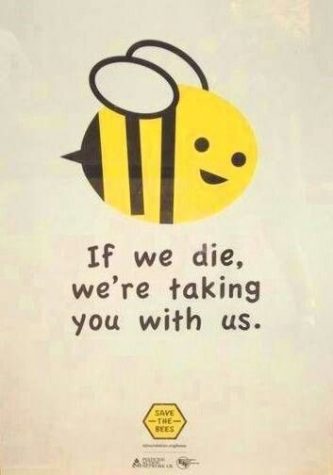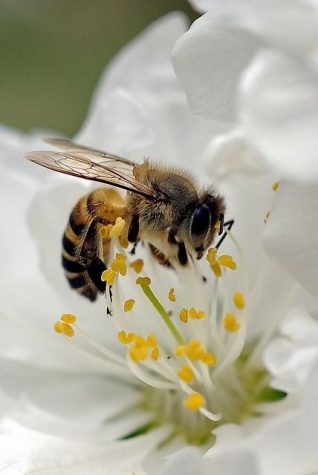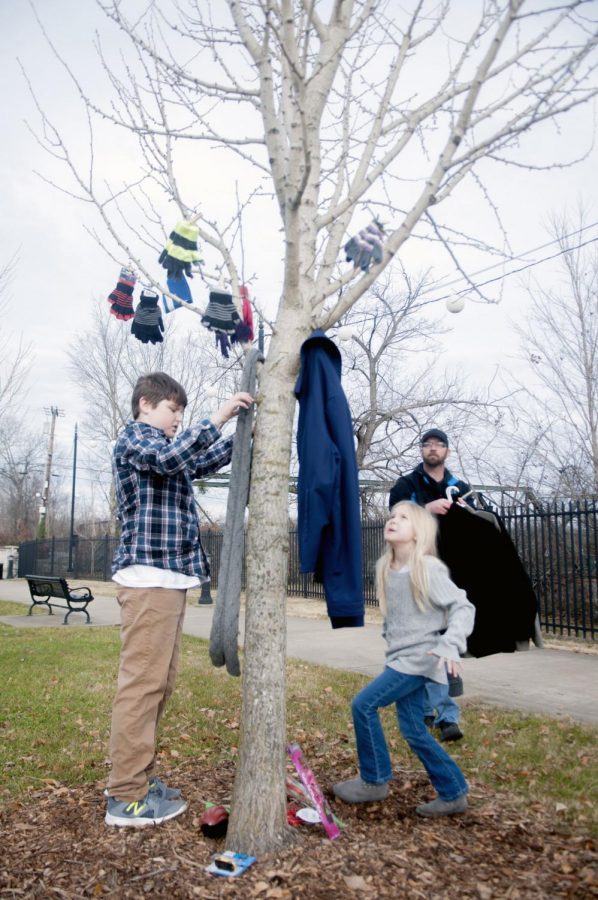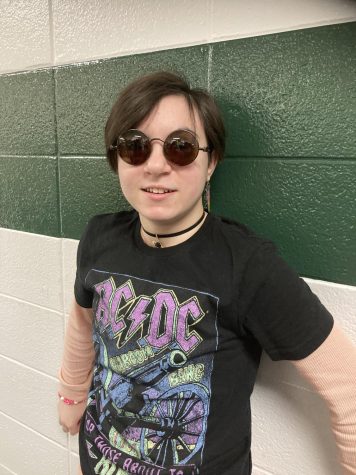Help Save the Bees!
March 27, 2017
The official beginning of the beautiful season, Spring, has passed, March 20, and our little, yellow and black friends are soon to return, bees! Most people hate bees. They’re allergic to their stings and they are a nuisance or a pest, but take it easy on the bees, their population is dying.
 Most people have heard of the decrease of the bee population, but why are bees dying? Mainly, it is due to pesticides, which are weakening the immune system of our tiny friends. This makes bees more vulnerable to illnesses and parasites.
Most people have heard of the decrease of the bee population, but why are bees dying? Mainly, it is due to pesticides, which are weakening the immune system of our tiny friends. This makes bees more vulnerable to illnesses and parasites.
Not only are pesticides killing our bees, but a decrease in healthy foods for bees is also contributing to the decrease of bee populations. Meadows of flowers, where our bees would get healthy food, are getting torn up or dying due to urbanization and are becoming “pollinator deserts.”
Also, people are transporting bees commercially and keeping them near each other in the process, which makes it easier for parasites and illnesses to spread among the bees.
But, why should you care about such a small insect? It surely can’t affect us in any way, right?
Wrong, one bite out of every three bites of food you take was pollinated by a bee. Without bees, we would lose many of our crops (such as apples, mangoes, cucumbers, and watermelon) and your snacks and meals would never be the same. Of course, we could make an alternative to the bees pollinating our food, but until then what foods will we have? It could take a long while to make a good solution to take the place of our precious, little friend.
At this point, you are probably asking yourself “How can I help to save the bees?”

First, you can sign a petition saying that you support the idea of banning bee-killing pesticides, chemical-intensive industrial agriculture, and that you promote ecological farming.
Next, help our friends by planting and gardening. You can plant native wildflowers, Honey Nut Cheerios has a campaign and they are sending out free seeds, in your yard or anywhere. If you are thinking of planting bigger plants, such as trees, apple trees, pear trees, plum trees, and cherry trees are especially good for our little buddies. Also, shrubs, such as blueberry shrubs, are excellent for our bees. If you are thinking of starting your own garden in your backyard, do it and don’t hesitate! Our bee friends will thank you. Use flowering vegetables, fruits, and herbs, our bees will help you pollinate them, and they are all exceptionally healthy for our bees.
Lastly, you can support small, local, and organic farms. These farms help support biodiversity and make our bees healthier.
If all this seems like too much for you to do, you can let your dandelions live when you mow your lawn. They are a pollen-rich flower and are found everywhere for our little bud, the bee.
Our tiny bees have helped us for ages. They have taken care of our food sources and pollinated beautiful flowers. Now, it’s our turn to help them.








Aurea Logsdon • Mar 27, 2017 at 1:27 pm
Yes! Save the bees! Amen!